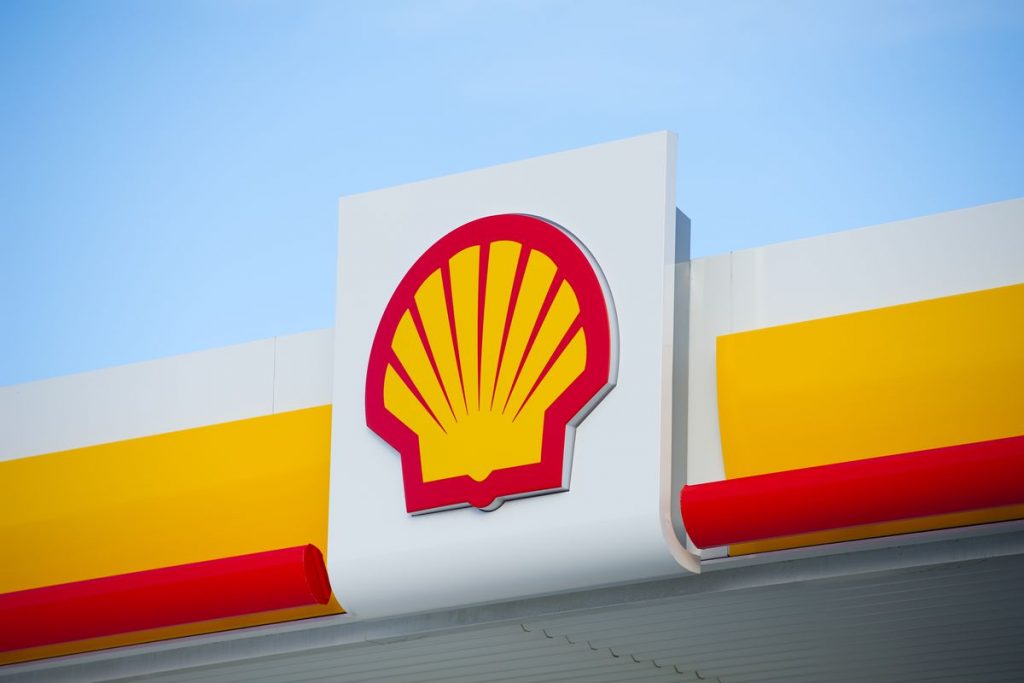By Akanimo Sampson
The Anglo-Dutch oil and gas super major, Shell, is currently working out another Global Memorandum of Understanding (GMoU) for the development of their host communities in the Niger Delta, Nigeria’s vastly polluted oil and gas region.
Shell’s General Manager in charge of External Relations, Igo Weli, who made this known in Port Harcourt, the Rivers State capital, however, pointed out that the existing GMoU has expired.
In 2006, Shell introduced a new way of working with communities called the GMoU which has continued to be used successfully by other oil companies.
A GMoU is an agreement between the big oil and a group (or cluster) of several communities. Clusters are based on local government or clan/historical affinity lines as advised by the relevant state government.
The GMoU brings communities together with representatives of state and local governments, Shell and non-profit organisations, such as development NGOs, in a decision-making committee called the Cluster Development Board (CDB).
Under the terms of the GMoUs, the communities decide the development they want while Shell on behalf of its joint venture partners, provides secure funding for five years, ensuring that the communities have stable and reliable finances as they undertake the implementation of their community development plans.
The GMoUs or agreements represent an important shift in approach, placing emphasis on more transparent and accountable processes, regular communication with the grassroots, sustainability and conflict prevention.
By the end of 2011, SPDC had signed and implemented agreements with 27 clusters, covering 290 communities, about 30% of the local communities around our business operations in the delta. In 2011, a total of 596 projects had been successfully completed through GMoU (including pre-GMoU projects).
To date over $79 million has been provided in funding. Nine of the 27 CDBs have grown to become registered foundations now receiving third party funding.
Four clusters in Rivers State (Degema 3, Akuku Toru, IA and Etche 1), have awarded both in-country and overseas scholarships to indigenes.
To date, about 7,392 Nigerian students from SPDC host communities have benefited from incountry merit scholarship programmes.
In addition, a total of 21 scholarships to universities in the UK have been awarded.
Some of the overseas scholars have concluded their programmes and returned to Nigeria and are now working in various organisations.
In Tarakiri Cluster of Bayelsa State, a four-month adult literacy program is being implemented in partnership with the National Youth Service Corps. Forty-six indigenes are being prepared for the First School Leaving Certificate Examination in 2012. The cluster is also reaching out to interested organisations to expand the programme.
In the mean time, analysts say at $60 per barrel of crude oil for instance, Nigeria has lost over N700 billion from the closure of Belema Flow Station and Gas Plant in OML25, operated by the Shell in Akuku-Toru Local Government Area of Rivers.
The flow station feeds crude and gas into Shell’s Bonny export terminal. It produces 45,000bpd and 50millionscf of gas per day. The flow station has been under siege for over 22 months by indigenes of the host communities, over alleged neglect of the community by the operating oil company.
SweetCrude, an energy news portal says natural gas is measured in the international market with British thermal units, MMBtu. By implication, 1000 cubic feet of natural gas is equal to 1.037MMBtu, whereas one Btu of natural gas according to Bloomberg Commodities is currently at $2.33. 50millionscf is tantamount to over 50billionBtu, which if multiplied by $2.33 at 674days, amounts to hundreds of billions of Naira.
OPEC basket on crude oil is $61 per barrel. Thus, 45,000barrels per day multiply by 674days for instance, at $61per barrel is over $1.8 billion. This price does not include the fact that prices of commodities fluctuate in the international market, as natural gas went as high as $4 per MMBtu in 2018, while crude oil prices soared over $70 sometime in 2018.
But since August 7, 2017, the host communities of OML25, otherwise known as the Belema field, have continued to occupy the premises of the oil and gas Flow Station, claiming that the company has neglected the people of the community, rather than making them feel the impact of oil production in their area.
As a result, Shell shut down its operation in the flow station and the entire OML25, for the safety of the occupants as the facility was a high pressured oil and gas plant. The flow station receives crude and gas from tens of wells in the oil block through pipelines, and when treated, these crude and gas are then sent by pipelines to Bonny terminal.

